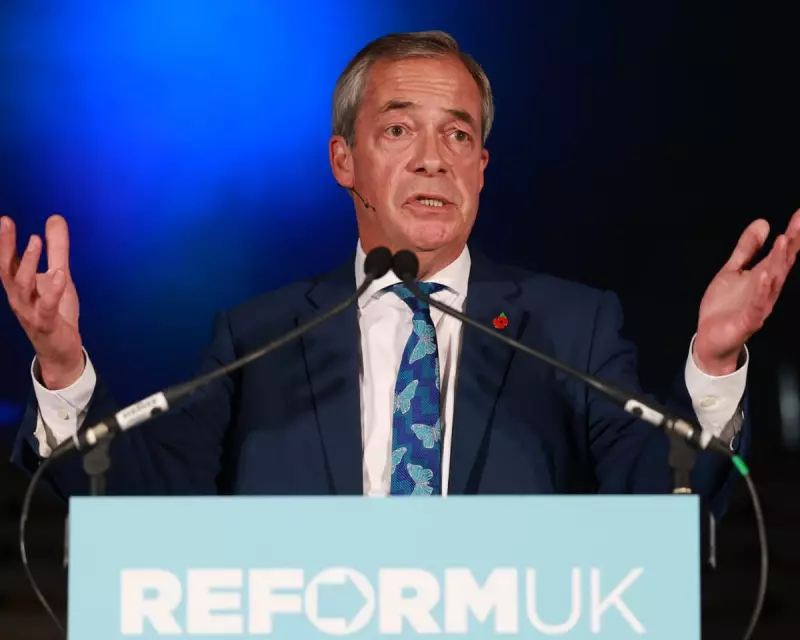
In a striking departure from his usual ebullient style, Nigel Farage has emerged with a noticeably more sombre and serious political persona during his recent major address. The veteran campaigner, once known for his cheeky grin and pint-in-hand demeanour, appears to be undergoing a calculated transformation.
The End of the Political Entertainer
Gone are the days when Farage seemed to be laughing both with and at the political establishment. His latest speech revealed a politician intent on being taken seriously as he positions Reform UK to challenge the Conservative Party's dominance on the right of British politics.
A Strategic Shift in Tone
Observers noted several key changes in Farage's approach:
- A more measured delivery style, lacking his characteristic theatricality
- Substantive policy focus rather than purely anti-establishment rhetoric
- Appeals to disaffected Conservative voters with concrete proposals
- Positioning himself as a credible alternative rather than a protest voice
Westminster's Changing Political Landscape
This tonal shift comes at a critical juncture in UK politics. With the Conservative Party facing internal divisions and declining poll numbers, Farage appears to be making a calculated play for mainstream political relevance. His speech carefully avoided the bombastic claims that characterised his Brexit campaign, instead focusing on detailed criticisms of government policy.
What This Means for British Politics
This evolution in Farage's political style signals potential significant changes ahead:
- Increased pressure on the Conservative Party from their right flank
- Realignment possibilities within the UK's political right
- Mainstream acceptance of Reform UK as more than a protest vehicle
- Changed dynamics in the run-up to the next general election
The man who once revelled in political disruption now appears to be building a more substantial political project. Whether this serious new approach will translate into electoral success remains one of Westminster's most compelling questions.






